Key Points
- Early withdrawals from retirement accounts can result in a 10% penalty, and taxation on all monies received.
- Lower retirement balances negatively impact your long-term financial wellbeing.
- Penalty-free withdrawals related to COVID-19 ended on December 31, 2020.

Retirement may be 20 to 30 years away, but saving enough to fund up to 30 years in retirement can take decades to achieve. Your individual circumstances determine the amount you need to save. Consider that the average amount of Social Security received each month is $1,542, which only amounts to $18,516 annually. Your employment, passive income, and savings must bridge the gap between Social Security payments and expenses.
Currently, the average person in their 40’s has $63,000 saved. That number rises to $117,000 for someone in their 50’s, well below the recommended amounts. Fidelity and T. Rowe Price recommend having three times your salary in retirement investments by 45 and seven times your salary saved by 55.
While you might be able to access funds to pay off high-interest debt, it will put a secure retirement in jeopardy in nearly every case.
Basics of Retirement Investing
The IRS allows you to put money in accounts earmarked for retirement. In doing so, you gain substantial tax benefits that will enable your money to grow faster. However, to receive the tax benefits, you must follow the IRS rules. There are limits to contributions, mandatory withdrawals at 70 ½ for traditional accounts, and penalties if you remove any funds before reaching 59 ½.
How COVID-19 Changed Access to Retirement Accounts
The CARES Act included provisions that allowed you to access retirement funds if you had a financial hardship due to COVID-19. Those provisions ended on December 31, 2020.
The law allowed:
- Withdrawals of up to $100,000, or 100% of the vested balance for coronavirus-related expenses.
- Loans against your 401k loan for up to 100% of the vested balance or up to $100,000.
- Waived the 10% penalty on withdrawals of account holders under 59 ½, provided it was due to a financial hardship related to the coronavirus.
- Waived the mandatory federal withholding of 20%.
- Allows you to spread taxation over three years.
- Considers any amounts repaid within three years as a tax-free rollover.
If these incentives tempted you to withdraw funds to pay bills or eliminate credit card debt, you have three years to repay the withdrawal to offset the damage.
5 Reasons You Should Not Withdraw Funds Early from Retirement Accounts (Or should make every effort to repay withdrawn amounts within the three-year timeframe)
- You owe taxes. Withdrawals from 401ks or Traditional IRAs require you to pay taxes on the amounts received. You may qualify for waived penalties, but you must pay the IRS taxes.
- You lose years of compound interest, which is the secret sauce to helping your money grow exponentially. For example: Investing $739.33 each month at 6% from age 40 to 65 will give you $500,000. Of the total balance, $221,799 is dollars invested, and $278,201 is compound interest. If you start a decade later at 50, you will need to contribute $1,742.70 each month to reach the same goal, and you would only earn $188,315 in compound interest, nearly $100,000 less.
- The IRS protects retirement funds from creditors, even in the event of bankruptcy. When you remove money from retirement accounts to pay off debt, you give lenders access to funds ordinarily protected from creditors.
- Detrimental to long-term financial health. While eliminating debt could free up money for larger contributions to your retirement account, it cannot make up for the lost time in the market. According to Dave Ramsey, leaving $50,000 in an IRA earning 12% could be worth over $544,000 in 20 years. It isn’t easy to replenish those funds once they are out of a tax-protected account.
- You can’t borrow your way through retirement. During your working years, you have the resources to change spending habits, pay off debt, and improve your money management skills. Once retired, you have fewer ways to earn money to make up for shortfalls in retirement savings.
Reserving retirement money for retirement will protect your financial health. Prematurely removing money from IRAs and 401ks could affect your finances for the rest of your life.
